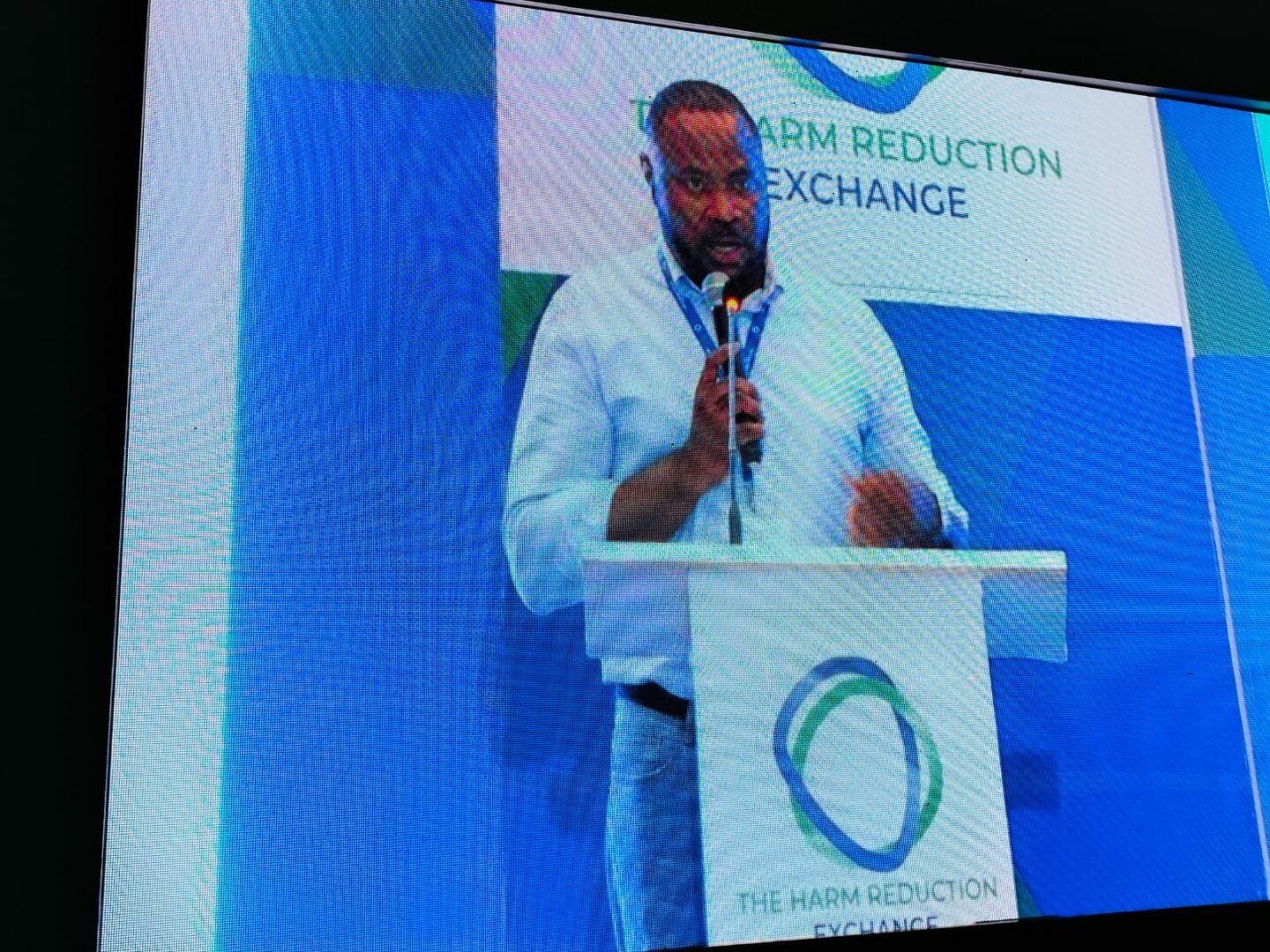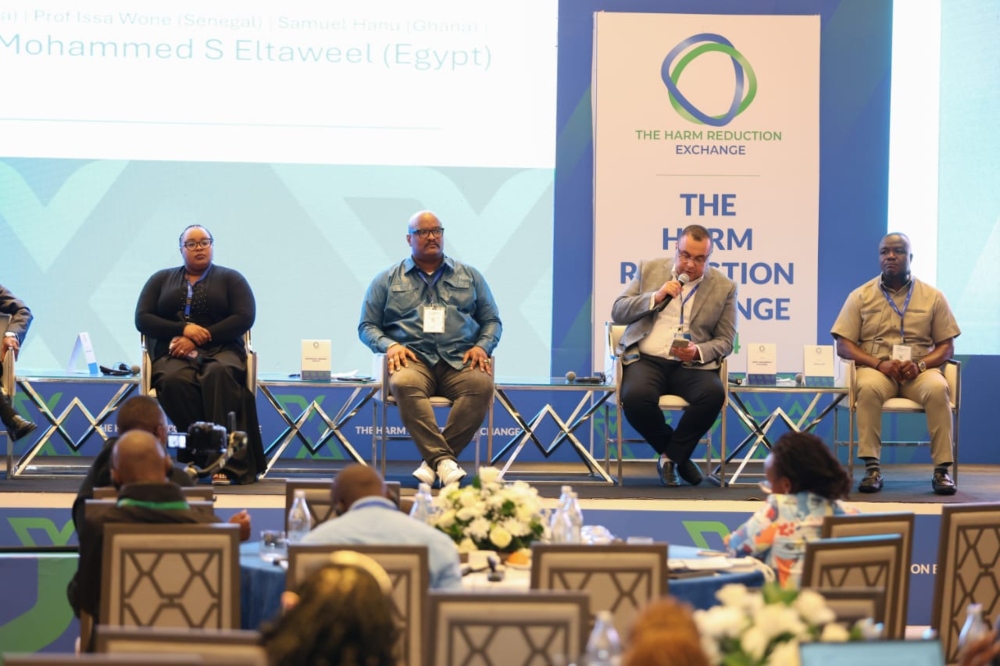Nairobi, Kenya, recently hosted the fourth Harm Reduction Exchange, themed “Enabling Innovation in Harm Reduction through Science-Led Regulation and Policymaking.” The event brought together African policymakers, public health experts, media stakeholders, and organizations like the Bar, Hotels, and Liquor Traders Association (BAHLITA) Kenya to address strategies for reducing the harm caused by substances such as tobacco and opioids.
The forum aimed to strengthen control policies, curb black-market proliferation, and incorporate harm reduction into public health frameworks. Key discussions emphasized innovative, science-driven approaches to mitigating the health and societal effects of harmful substances.
Harm Reduction as a Public Health Tool
Dr. Vivian Manyeki, a Kenyan public health specialist, highlighted harm reduction as an effective approach to minimizing the negative health impacts of substances like tobacco. She urged governments to redirect taxes collected from tobacco products toward public health programs and expand access to harm-reduction tools such as e-cigarettes and Nicotine Replacement Therapy (NRT). “Harm reduction provides safer alternatives to smoking, addressing both the health and social impacts of substance use,” she noted.
Harmful contents of teargas cannisters thrown at protesters
The forum also shed light on Africa’s fragmented regulatory landscape. Wilson Box, of the Zimbabwe Civil Liberties and Drug Network, highlighted resource constraints in low- and middle-income countries as significant barriers to effective regulation. He pointed to South Africa’s experience during the COVID-19 pandemic, where strict tobacco regulations inadvertently fueled the growth of black-market activities.
Global Lessons and Recommendations
Experts drew insights from successful harm reduction models globally. The United Kingdom integrates e-cigarettes into cessation programs under strict regulations, leading to declining smoking rates. Similarly, New Zealand incorporates harm reduction into Indigenous health strategies, demonstrating the adaptability of evidence-based approaches to diverse populations.
Dr. Mohammed S. Eltaweel shared Egypt’s success in addressing harm from tobacco and opioids through cost-effective, science-led interventions. “By making alternative therapies like buprenorphine available and regulating alternatives to traditional cigarettes, we have reduced public health burdens significantly,” he explained.
Policy and Regional Collaboration
The forum highlighted the need for region-specific policies. For instance, Kenya’s Tobacco Control Act of 2007 distinguishes between combustible and non-combustible products, while Nigeria’s tobacco regulations lack specific provisions for non-combustible products. Ghana, in contrast, has prohibited non-tobacco harm-reducing products like shisha through its Food and Drugs Authority (FDA).
Stakeholders called for science-led regulation, youth-focused protections like age restrictions, and reinvestment of tobacco taxes into public health. The media was urged to foster public dialogue on harm reduction and raise awareness of safer alternatives.
The forum concluded with a strong call for collaboration across Africa to adopt evidence-based policies. By embracing harm reduction alongside traditional control measures, the region can improve public health outcomes, reduce societal burdens, and align with global best practices.











